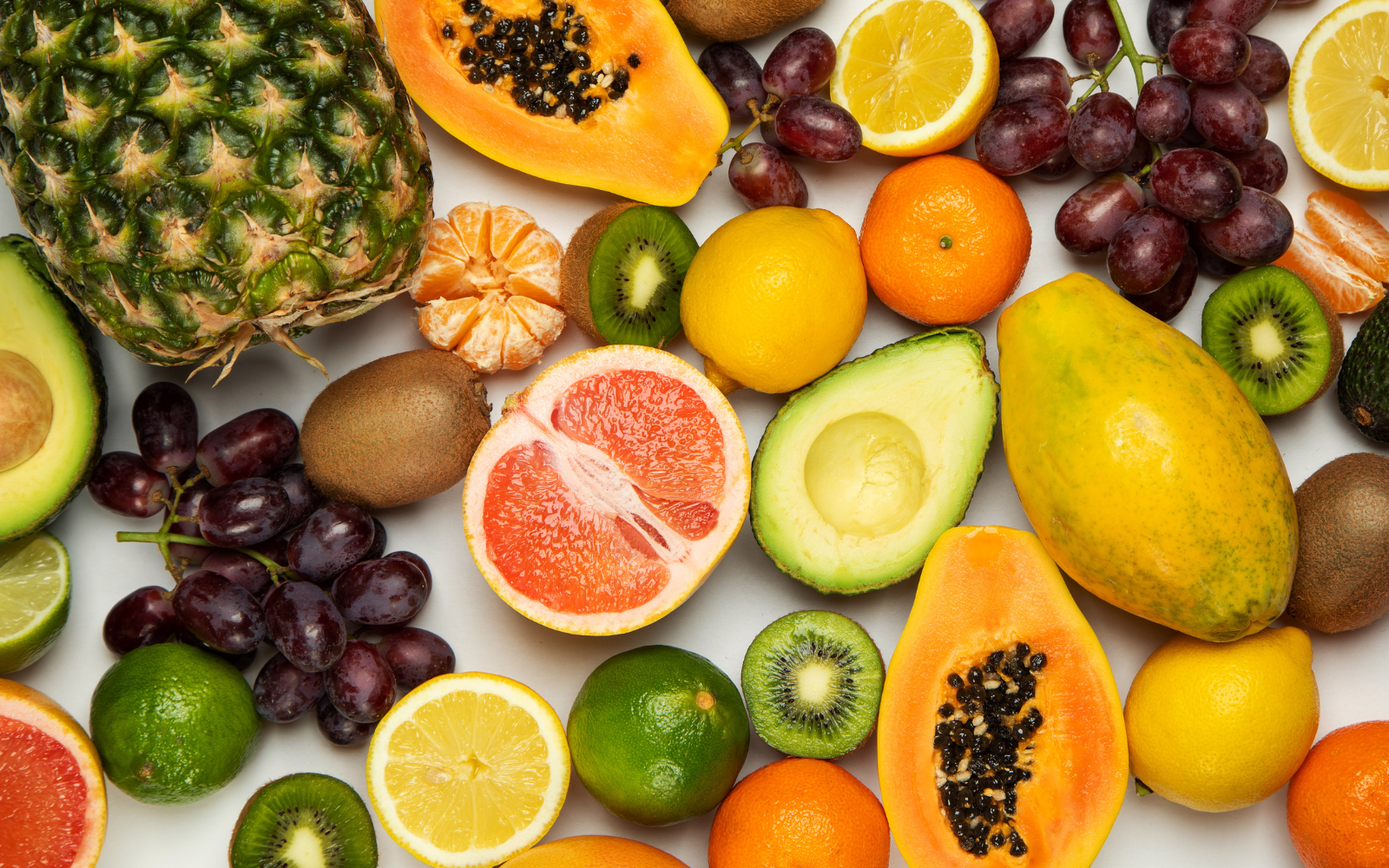Pyridoxine, also known as vitamin B6, is one of the eight vitamins included in the vitamin B-complex family. It performs various functions within our bodies, including movement, memory, energy and blood flow, as well as helping to maintain a healthy nervous system and supporting mood.
Pyridoxine deficiency & depletion
Certain groups and conditions can increase the risk of developing a deficiency by interfering with the absorption of vitamin B6:
-
Older people
-
Those with impaired kidney function
-
Autoimmune intestinal disorders like Coeliac disease, ulcerative colitis, and Crohn’s disease
-
Autoimmune inflammatory disorders, such as rheumatoid arthritis
-
Alcoholics
Pyridoxine deficiency symptoms
Pyridoxine deficiency is not very common, and most often occurs when other B vitamins in the body are low, in particular vitamin B12 and folic acid. A mild pyridoxine deficiency may have no symptoms, but a more severe or prolonged deficiency symptoms in adults can include:
-
Changes in mood, such as irritability, anxiety and depression
-
Confusion
-
Muscle pains
-
Mouth sores
-
Low energy or fatigue
-
Worsening of PMS symptoms
-
Worsening symptoms of anaemia
Pyridoxine RDA
Our bodies are unable to produce vitamin B6, so we must get it from dietary sources. The NHS recommendations for adults aged between 19-64 are:
-
1.4mg a day for men
-
1.2mg a day for women
Sources of pyridoxine
Vitamin B6 is a water-soluble vitamin, which means that any extra amounts we consume are excreted through the urine rather than stored in the body. This means that it is important to regularly eat foods high in pyridoxine to continue to meet the daily requirements. Being that pyridoxine is widely available in a number of foods, you should be able to get all you need from your daily diet without the need for supplementation.
Foods high in pyridoxine
Vitamin B6 is found in a variety of animal and plant foods.
-
Meat
-
Fish, including tuna and salmon
-
Chickpeas
-
Nuts and seeds
-
Some vegetables and fruits, especially dark leafy greens, bananas, potatoes, papayas, oranges, and cantaloupe
Vitamin B6 supplements
Pyridoxine deficiency is more common among older people, as well as those with impaired kidney function, an autoimmune disease or alcohol dependence, as many of these issues can impact nutrient absorption.
Always focus on eating a diet rich in vitamin B6 foods including meat, fish, legumes, nuts and seeds to prevent pyridoxine deficiency. If you are unable to get adequate amounts through diet alone, consider taking a vitamin B6 supplement.
Summary
Getting enough pyridoxine in your diet can help support your heart, brain, and mood treat. It may also improve eye health, relieve PMS symptoms, reduce morning sickness and help regulate the sleep cycle. It can also help prevent the symptoms of deficiency and depletion, which can include muscle pains, fatigue and depression.
It is always best to include pyridoxine rich foods in your diet, but if you are not able to meet your daily needs for a particular reason, taking a B6 or B-complex supplement can ensure you meet your daily requirements.






Share:
What are the health benefits of vitamin B1? The B vitamin for energy and metabolism
What are the signs of vitamin K deficiency & how can we avoid it?